Search Results
Showing results 21 to 40 of 85
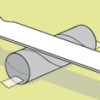
Set It Straight
Source Institutions
In this activity, learners build a simple tabletop seesaw to test how different variables (the position of the fulcrum, distance, weight) affect its balance under increasing weight loads.
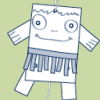
Action Figure
Source Institutions
In this project, students explore how levers work, by making a puppet with moving limbs.
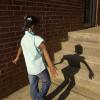
Exploring Shadows
Source Institutions
This activity guide features three related explorations to help learners ages 3-6 investigate shadows via the following science concepts: A shadow is made when an object blocks the light; you can chan
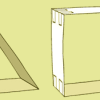
Canine House of Cards
Source Institutions
This simple construction activity teaches the importance of architectural structure. Learners build and test designs for a paper "doghouse" strong enough to hold the weight of a jumbo dog biscuit.
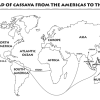
Green Travelers
Source Institutions
In this activity (on pages 23-29), partners use the Plant Traveler Cards, along with a world map and map worksheets, to follow plants such as cassava, chocolate and coffee that grew first in one part
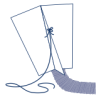
Go Fly a Kite
Source Institutions
In this hands-on activity, children create their own kites that can fly indoors. Learners are exposed to basic concepts of gravity and air resistance.
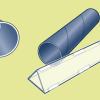
Kaleid-o-mania
Source Institutions
In this hands-on activity, learners build their own kaleidoscopes and explore how light can reflect of off surfaces such as mirrors, to produce beautiful patterns.
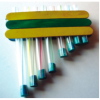
Make Pan Pipes
Source Institutions
This is a simple activity for learners to create a traditional musical instrument. Pan Pipes have developed all over the world in different cultures, from South America to Greece and China.
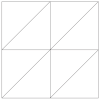
The Four-Square Quilt
Source Institutions
In this activity, learners arrange triangles together to make patterns to create paper quilts. Learners experiment with arranging the triangles in different ways to make various designs.
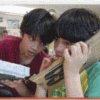
Build a Band
Source Institutions
In this design challenge activity, learners build a four-stringed instrument that can play a tune.
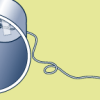
Screaming String Thing
Source Institutions
In this simple and fun activity, learners discover the relationship between vibration and sound by making a squeaky toy instrument out of simple household materials.

Toy Chemistry
Source Institutions
In this playful, goopy activity, learners mix two liquids to create a solid (that sometimes acts like a liquid ), using basic household materials such as borax and glue.

Crazy About Kites
Source Institutions
In this activity, learners build a kite out of paper, change it, and try to make it fly even better. With their new knowledge of kite making, students can then go on to create their own kite designs.
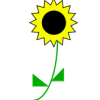
Patterns and Relationships: Peddling Petals
Source Institutions
In this math lesson, learners use the setting of a flower-making fundraiser to explore a variety of patterns. Learners examine the patterns in a flower design made of triangles surrounding a square.
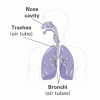
Heart and Lungs
Source Institutions
In this environmental health activity, learners investigate their breathing and pulse rates, and learn how these measurements are affected by physical activity.
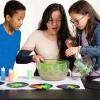
Exploring the Universe: Nebula Spin Art
Source Institutions
In this activity, participants will learn about how gigantic clouds of gas and dust in space, called nebulas, are formed. They'll create their own colorful model nebula using paint and a spinner.

Operation Espionage
Source Institutions
In this activity, learners create and reveal secret messages written with invisible ink! The invisible ink is actually a baking soda solution, and the magical revealing liquid is fruit juice.
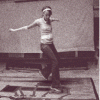
Dance Pad Mania
Source Institutions
Make your own "Dance Dance Revolution" dance pad! In this design challenge activity, learners work in teams to build a dance pad that lets you use your feet to sound a buzzer or flash a light.
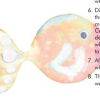
Universal Indicator Rainbow Trout
Source Institutions
In this activity, learners cut out a fish and then "paint" it using universal indicator and acids and bases.
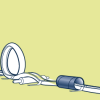
Thrill Ride
Source Institutions
In this activity, learners will build a roller coaster for a marble to run on using everyday household materials such as paper towel or toilet paper rolls, cups, boxes, books, buckets, chairs, etc.
